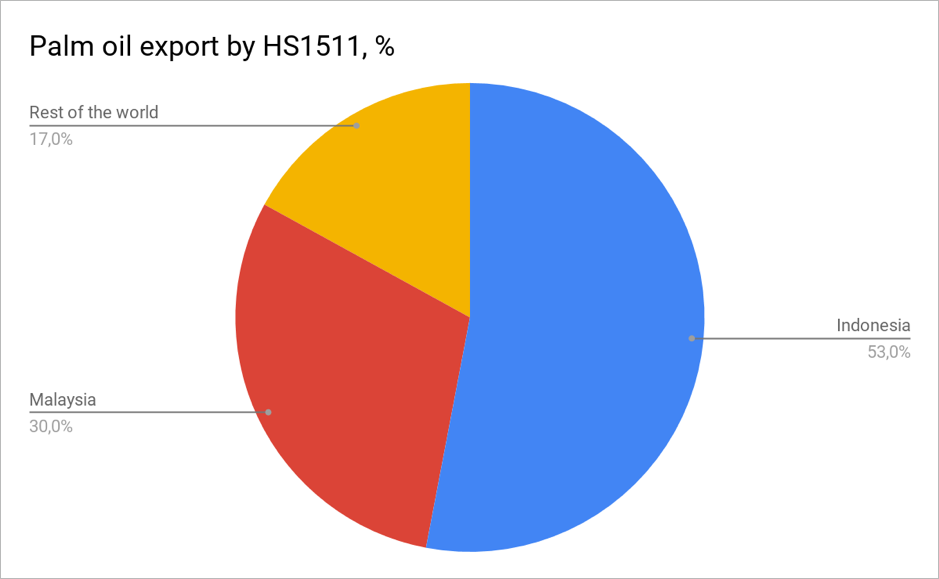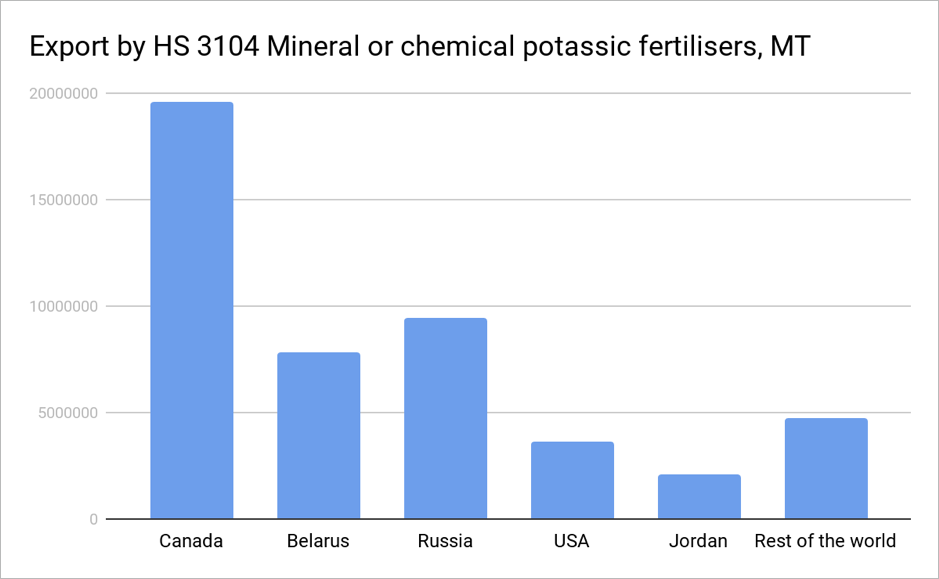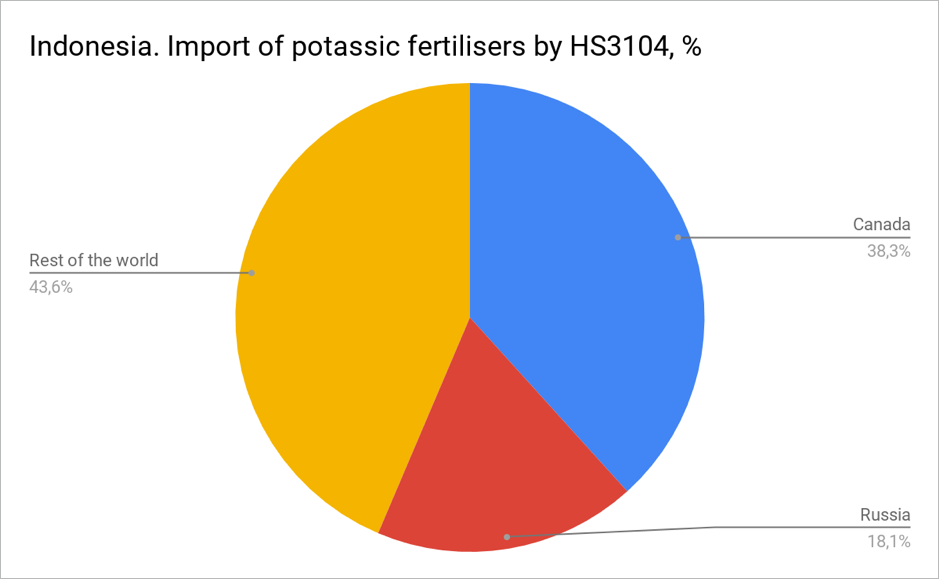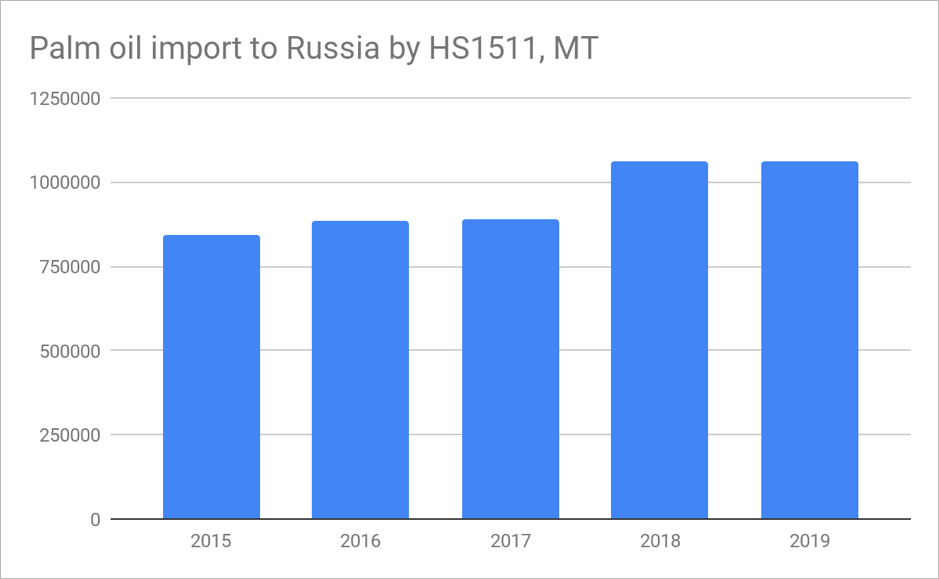The history of barter schemes dates back thousands of years. Today, barter is actively used where, for some reason, it is not possible to use monetary schemes. In turn, the use of countertrade can expand the market penetration and significantly increase sales over the long term.
In 2019, Malaysia exported 15.2 million tons of palm oil, Indonesia – 28.2 million tons. Both countries are the world’s top exporters of palm oil. At the same time both countries consume a huge amount of mineral fertilizers.

The market situation is not always in favor of palm oil exports. Sometimes rising stocks in ports may have negative impact on the market; in other cases, exports affected by various political factors.
A similar situation is observed on the fertilizer market, where Russia is one of the world’s top exporters. Russia is a world leader in the export of nitrogen and potash fertilizers which are important components for plantation industry in both countries – Malaysia and Indonesia.

In 2019, Russia’s share in the global export of potash fertilizers amounted to 18.1% (# 2), in the export of nitrogen fertilizers – 13.3% (# 1). Russia exported 14.4 million tons of nitrogen and 9.4 million tons of potash fertilizers.

Russia is the second biggest exporter of potash fertilizer to Malaysia, after Canada – 220 thousand tons in 2019; and 8th biggest exporter of nitrogen fertilizer.

Russia is #5 exporter of nitrogen and #2 exporter of potash fertilizers to Indonesia.

It so happened that in recent years, the palm oil market in Russia has been captured by Indonesia. But at the same time, there are good prospects for Malaysia to restore and expand its presence through the use of countertrade schemes. This holds great potential for both countries – Malaysia and Russia. Russia is seeking bilateral mutually beneficial cooperation with fertilizer importing countries. One of the largest Russian fertilizer exporting enterprises is Uralkali.
Uralkali is one of the leading global producers of fertilizers. The Company accounts for a significant share of global fertilizer production and controls its entire supply chain, from ore mining to the delivery to customers. The Company’s overall production volume in 2019 totalled 11.1 million tonnes of potassium chloride. Most of the Company’s potassium chloride output is exported. The Company distributes its products to over 60 countries. One of the key export markets is Southeast Asia.
Russia’s export potential enables to meet South Asian market needs for fertilizers. At the same time, application of countertrade schemes provides an opportunity for Malaysia to become a reliable supplier of palm oil to the Black Sea region.
The organization of hubs in Malaysia and Russia is a mutually beneficial partnership. In this case, Malaysia becomes a distributor of Russian fertilizers in the South Asian region and gets the opportunity to import any quantity of fertilizers necessary for the plantation industry at an affordable price. On the other hand, the organization of a hub in Russia will allow Malaysia to gain access to the palm oil market of the entire Black Sea region for a long period of time.
Prepared by Aleksey Udovenko
*Disclaimer: This document has been prepared based on information from sources believed to be reliable but we do not make any representations as to its accuracy. This document is for information only and opinion expressed may be subject to change without notice and we will not accept any responsibility and shall not be held responsible for any loss or damage arising from or in respect of any use or misuse or reliance on the contents. We reserve our right to delete or edit any information on this site at any time at our absolute discretion without giving any prior notice.

